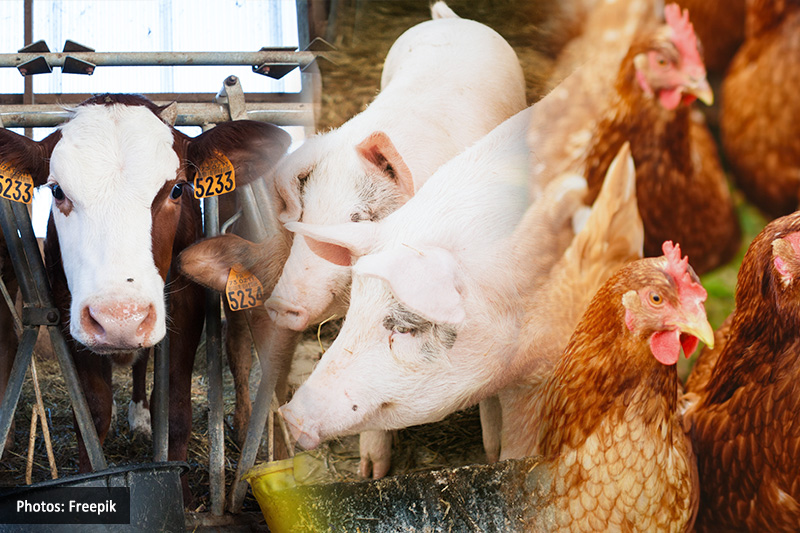
Animal Science II: Livestock and Poultry Production
This course will help the students establish their knowledge regarding the importance of Animal Production in our community. It is designed to understand more about the raising livestock and poultry industry. The course will also cater to the proper care and management, marketing and opportunities, breeds and varieties of different species, and disease management. It will also encourage student to try backyard raising within the comfort of their home.

Crop Protection II: Plant Pathology
Plant Pathology is an introductory course where the nature of plant disease and its management are discussed. Topics examined in this course include the organisms and environmental conditions that cause disease in plants, the mechanisms by which these factors induce disease, the interactions between disease agents and their hosts, disease spread, prevention, and management, and the human and environmental costs of plant diseases. This course will help the students to think critically and be observant in diagnosing an affected plant.

Introduction to Agribusiness Management
This course introduces the students to the agribusiness sector and focuses on developing an understanding of its importance. It will initiate students on how to start and manage their own farm business--how to think about the values that they desire to bring to their business, establish a vision and mission for their ideal farm, and set goals that will guide and inspire them as they move forward. This course builds upon the students' knowledge of the basic management principles and skills they have learned in the context of different organizational designs or types of businesses common in agriculture such as cooperatives, sole-proprietorship, and family-owned corporations, and the challenges that agribusiness managers face in these business environments.

Principles of Accounting

Contemporary World
This course introduces students to the contemporary world by examining the multifaceted phenomenon of globalization. Using the various disciplines of the social sciences, it examines the economic, social, political, technological, and other transformations that have created an increasing awareness of the interconnectedness of peoples and places around the globe. To this end, the course provides an overview of the various debates in global governance, development, and sustainability. Beyond exposing the student to the world outside the Philippines, it seeks to inculcate a sense of global citizenship and global ethical responsibility.
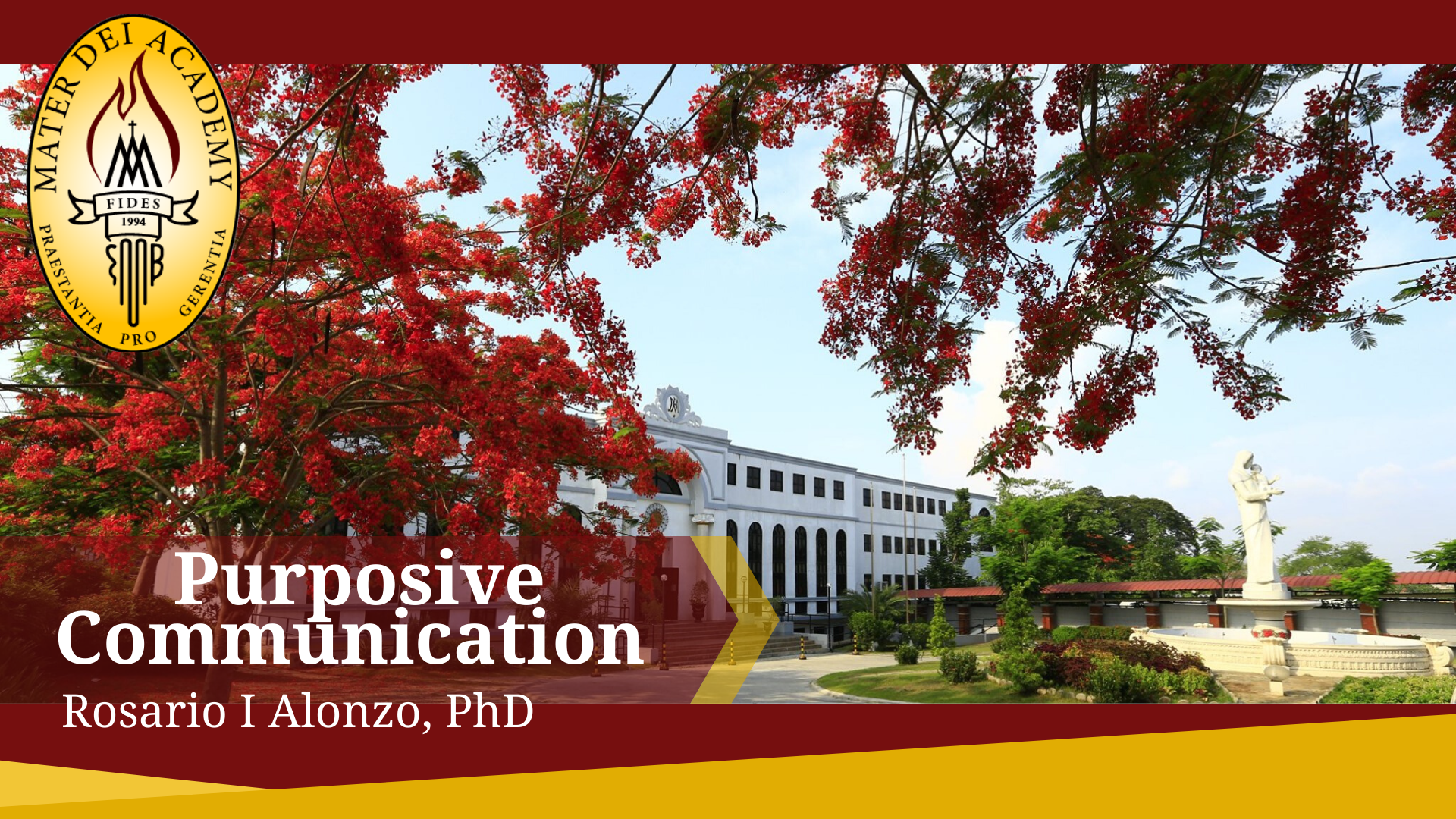
Purposive Communication copy 3
Purposive Communication is about writing, speaking, and presenting to different audiences and for various purposes. (CMO 20 s 2013)
Purposive Communication is a three-unit course that develops students’ communicative competence and enhances their cultural and intercultural awareness through multimodal tasks that provide them opportunities for communicating effectively and appropriately to a multicultural audience in a local and global context. It equips students with tools for critical evaluation of a variety of texts and focuses on the power of language and the impact of images to emphasize the importance of conveying messages responsibly. The knowledge, skills and insights that students gain from this course may be used in their other academic endeavors, their chosen disciplines, and their future careers as they compose and produce relevant oral, written, audi-visual and/or web-based output for various purposes.

General Economics copy 1
Microeconomics is an introductory undergraduate course that teaches the fundamentals of microeconomics. This course begins with an introduction to supply and demand and the basic forces that determine an equilibrium in a market economy. Next, it introduces a framework for learning about consumer behavior and analyzing consumer decisions. We then turn our attention to firms and their decisions about optimal production, and the impact of different market structures on firms' behavior. The final section of the course provides an introduction to some of the more advanced topics that can be analyzed using microeconomic theory as well as an integration and application of your conceptual and practical understanding of microeconomics in the light of your personal values and career goals as future entrepreneurs.

General Economics
Microeconomics is an introductory undergraduate course that teaches the fundamentals of microeconomics. This course begins with an introduction to supply and demand and the basic forces that determine an equilibrium in a market economy. Next, it introduces a framework for learning about consumer behavior and analyzing consumer decisions. We then turn our attention to firms and their decisions about optimal production, and the impact of different market structures on firms' behavior. The final section of the course provides an introduction to some of the more advanced topics that can be analyzed using microeconomic theory as well as an integration and application of your conceptual and practical understanding of microeconomics in the light of your personal values and career goals as future entrepreneurs.
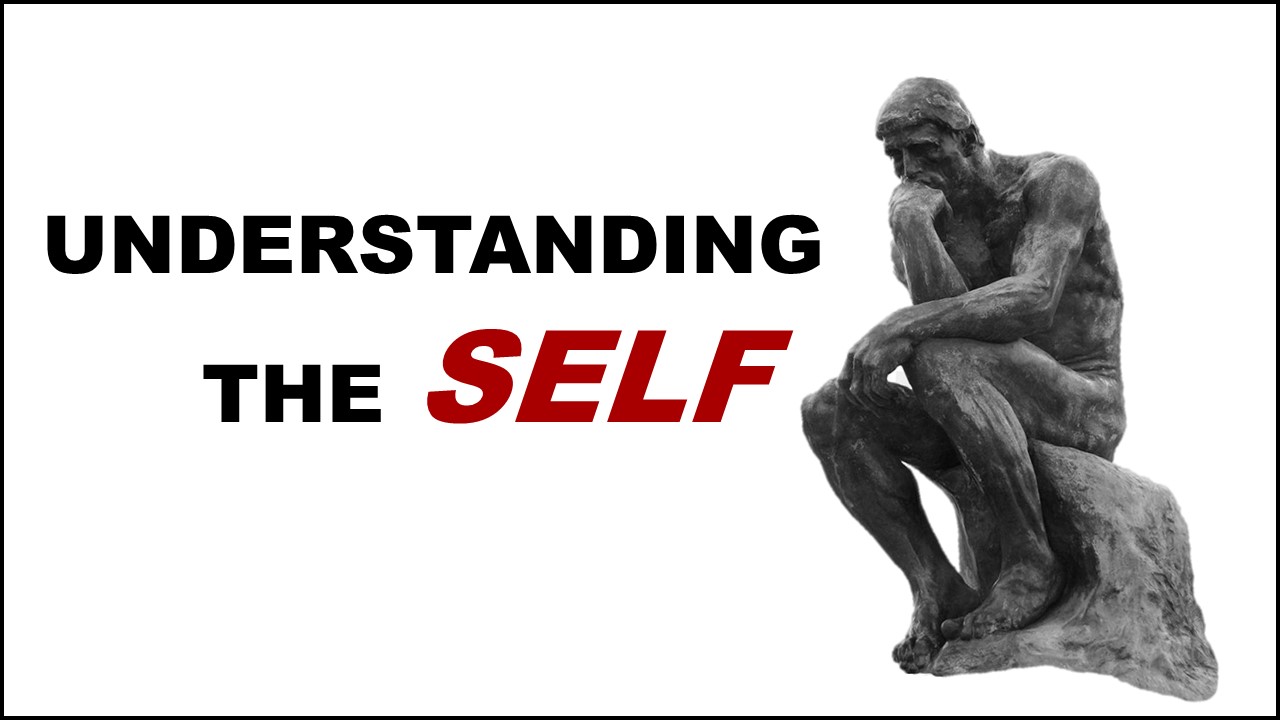
Understanding the Self copy 2
This course deals with the nature of personal identity, as well as the factors and forces that affect its development and maintenance. It is designed to facilitate the exploration of the issues and concerns regarding self and identity to arrive at a better understanding of one's self. The course stresses the integration of the personal with the academic—contextualizing matters discussed in the classroom and in the everyday experiences of students—making for better learning, generating a new appreciation for the learning process, and developing a more critical and reflective attitude while enabling them to manage and improve their selves to attain a better quality of life.

Purposive Communication copy 2
Purposive Communication is about writing, speaking, and presenting to different audiences and for various purposes. (CMO 20 s 2013)
Purposive Communication is a three-unit course that develops students’ communicative competence and enhances their cultural and intercultural awareness through multimodal tasks that provide them opportunities for communicating effectively and appropriately to a multicultural audience in a local and global context. It equips students with tools for critical evaluation of a variety of texts and focuses on the power of language and the impact of images to emphasize the importance of conveying messages responsibly. The knowledge, skills and insights that students gain from this course may be used in their other academic endeavors, their chosen disciplines, and their future careers as they compose and produce relevant oral, written, audi-visual and/or web-based output for various purposes.

Understanding the Self copy 1
This course deals with the nature of personal identity, as well as the factors and forces that affect its development and maintenance. It is designed to facilitate the exploration of the issues and concerns regarding self and identity to arrive at a better understanding of one's self. The course stresses the integration of the personal with the academic—contextualizing matters discussed in the classroom and in the everyday experiences of students—making for better learning, generating a new appreciation for the learning process, and developing a more critical and reflective attitude while enabling them to manage and improve their selves to attain a better quality of life.
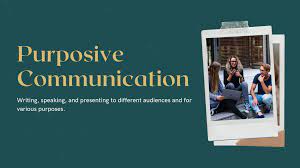
Purposive Communication copy 1
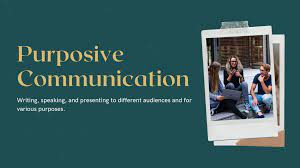
Purposive Communication is a three-unit course that develops students' communicative competence and enhances their cultural and intercultural awareness through multimodal tasks that provide them opportunities for communicating effectively and appropriately to a multicultural audience in a local or global context. It equips students with tools for critical evaluation of a variety of texts and focuses of power of language and the of conveying impact of images to emphasize the importance messages responsibly. The knowledge , skills and insights that students gain from the course may be used in their academic endeavors, their chosen disciplines, and their future careers as they compose and produce relevant oral, written, audio-visual and/or output for various purposes


